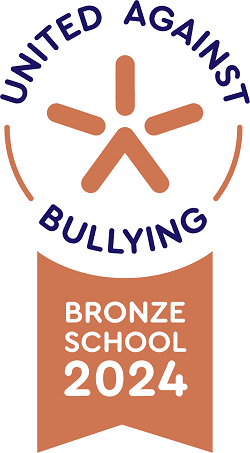Pupil premium
The pupil premium represents an annual amount of government funding aimed at improving the educational achievement of children living in economically disadvantaged circumstances. Schools and academies are required to publish an annual report, giving further detail of how this funding is used, and indications of the educational impact on the children it is aimed at helping.
The following information details how we will use our funding at East Leake Academy:
Pupil Premium strategy statement 2024-25
How we intend to use the grant
Our academy’s vision is ‘To inspire. To raise aspirations. To create brighter tomorrows.’ Our intention is that this applies to all students, irrespective of background by drawing on research and appropriate evidence to ensure the following are achieved:
- Entitlement to the very best breadth and depth of provision:
- Ensure students receive an ambitious, coherently planned, knowledge-rich curriculum that is carefully sequenced to build students’ schema and supported by a varied and rich cocurricular offer
- Ensure that high-quality teaching and assessment responds to the needs of all students and will equip disadvantaged students with the literacy, knowledge and cultural capital needed to make good progress. Students must have the best opportunity for success in their next phase of education, employment or training
2. Targeted academic support:
- Literacy – students are encouraged to be confident and fluent readers to enable them to fully access the curriculum. Where current performance is below age-related expectations, appropriate and timely support is implemented
- Students with SEND are supported to enable them to engage fully in the curriculum including reasonable adjustments when undertaking assessed work and examinations
3. Wider strategies:
- Attendance – students and their families are supported to ensure good attendance to the academy
- Behaviour and wellbeing – students are supported to take responsibility for their learning and conduct and show respect for all members of the community. The academy’s behaviour and rewards programme enables students to learn from their actions and celebrate achievements
- Extra-curricular activities – additional support enables students to engage with learning not previously accessed through addressing identified educational needs, including domestic and financial challenges
- Parental engagement – opportunities to work with families are planned into the academic calendar. Improved outcomes in terms of academic progress, SEMH and post16 destinations supports students’ future plans. This pupil premium strategy statement provides a summary of the approaches taken by East Leake Academy to achieve this commitment. These include a mix of whole school approaches as well as small group and individual interventions. The pupil premium grant enables interventions to be funded according to need which often coincides with additional barriers to learning, including low attendance, literacy and reasonable adjustments in assessments and examinations. This is as important in years 7, 8 and 9, as it is in year 10 and 11.
How we will assess the effect of this expenditure on the educational attainment of our students?
Progress checks and reporting:
Student progress and attainment will be tracked through the three formal data collection points during the academic year. This will allow teachers and leaders to track the overall progress and attainment of students across all subjects. A detailed analysis will be available to senior and middle leaders after each data point, this will include analysis of all groups so trends can be identified and acted upon. Internal tracking of small group interventions will be used to track progress and measure impact – these will be reviewed at the end of each term.

